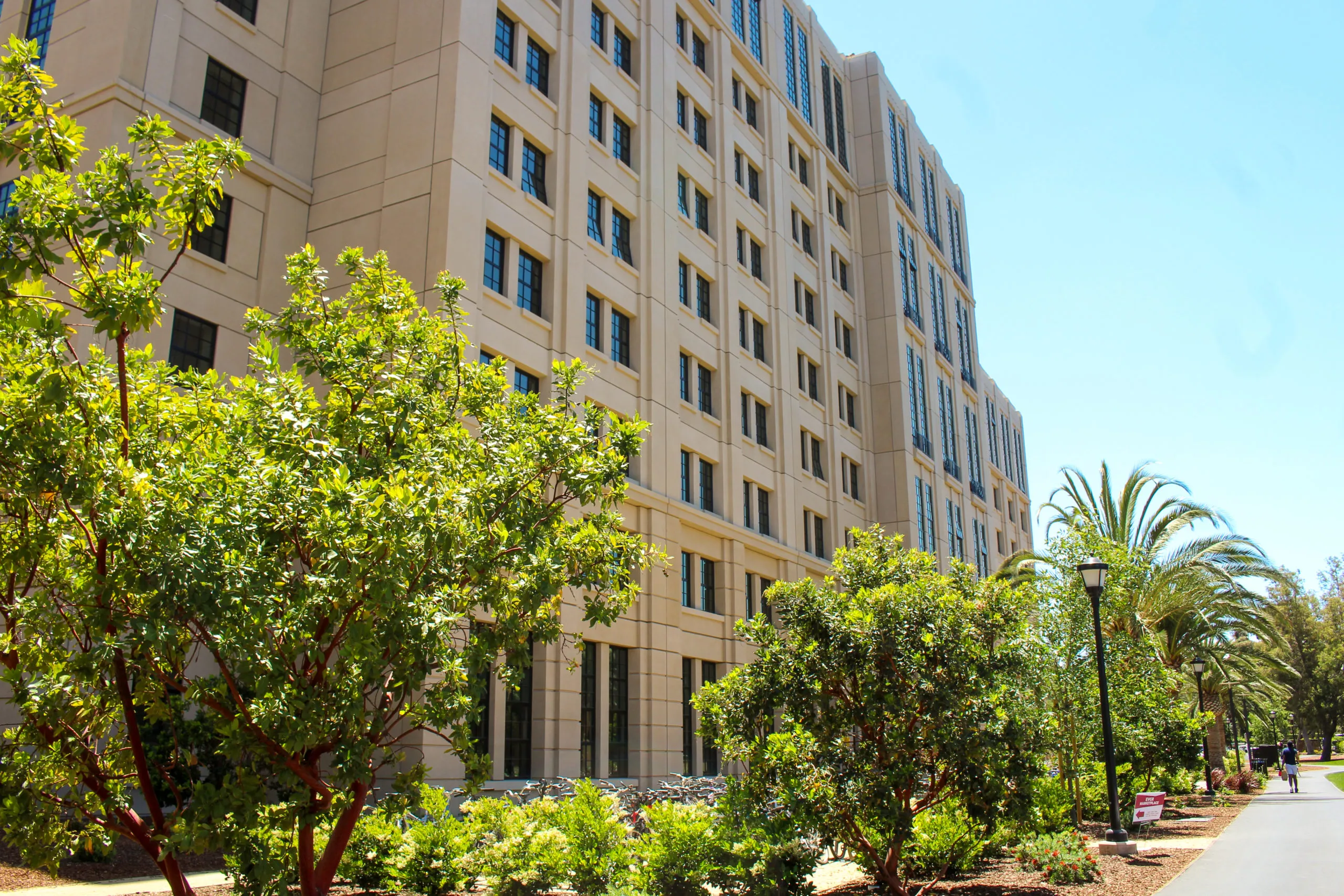Graduate Student Council (GSC) members met with Provost Jenny Martinez, Vice Provost for Graduate Education Stacey Bent and Vice Provost for Student Affairs Michele Rasmussen to discuss issues ranging from divestment to the recent Graduate Workers Union contract on Monday evening.
The meeting was originally planned to include President Jonathan Levin ’94, but he was unable to attend due to an unexpected medical event over the weekend.
The councilors questioned the Provost and Vice Provosts about the recent funding controversy surrounding the Bridge Peer Counseling Center. The student leaders of the Bridge recently expressed their concerns about potentially losing University funding and being removed from their current campus location.
Rasmussen said that Student Affairs has not yet determined what it can financially contribute to the Bridge for the 2025–26 academic year. Rasmussen said she “would have that information for them by the end of this month, early February at the latest,” but that that delay does not necessarily mean defunding the Bridge.
Martinez reiterated “there’s no desire to defund or end the Bridge program,” and that she hopes to continue supporting “the very valuable work that students in the peer counseling program do.”
The councilors then questioned Martinez about improving transparency in the University’s endowment investments, following calls for the University to divest from companies supporting the Israel Defense Forces. Voters from the student body approved a divestment resolution last April, although a corresponding proposal was rejected by the Board of Trustees in October.
The University has cited the divisive nature of the Israel-Gaza war as reason to avoid further institutional statements after its initial statement on the Oct. 7 terrorist attack on Israel, or divestment. Councilor Pamela Martinez MFA ’25 said during the meeting that many historical wrongs would have once incited division, including “slavery, apartheid South Africa and others.”
Provost Martinez said that in her experience talking to many community members, “there are on campus a wide spectrum of views on the conflict in Gaza…I say that to you based on how I experienced those meetings with our students who had very different views.” Martinez also pointed to the Board of Trustees investment committee’s letter explaining why the student divestment proposal was rejected.
The councilors then turned to free speech policies on campus. Councilor and GSB representative Chris West MBA ’25 asked Martinez to clarify what Stanford has done to encourage productive discourse on the conflict in Gaza beyond stating that such discourse is effective.
Provost Martinez pointed out several past events about the conflict hosted by Stanford departments and institutes, featuring professors and scholars discussing the conflict and considering its effects on Stanford community members.
ASSU president Diego Kagurabadza ’25 asked Martinez about how the University’s policy on campus disruptions, which bars disruptions of University-approved events, might conflict with the First Amendment and California’s Leonard Law, which requires private universities to uphold students’ First Amendment rights.
Martinez pointed to the March 2023 memo she wrote after an event featuring a conservative federal judge was disrupted by protesters. She emphasized that “the First Amendment doesn’t give you the right to disrupt events.”
Finally, Kagurabadza introduced three students he has nominated to join the ASSU Constitutional Council: Kyle Melatti J.D. ’26, Elsa Zhou ’27 and Michael Sommeling, a first-year Ph.D. student in electrical engineering. The nominees introduced themselves to the council, which will vote on their nomination in a future meeting.
